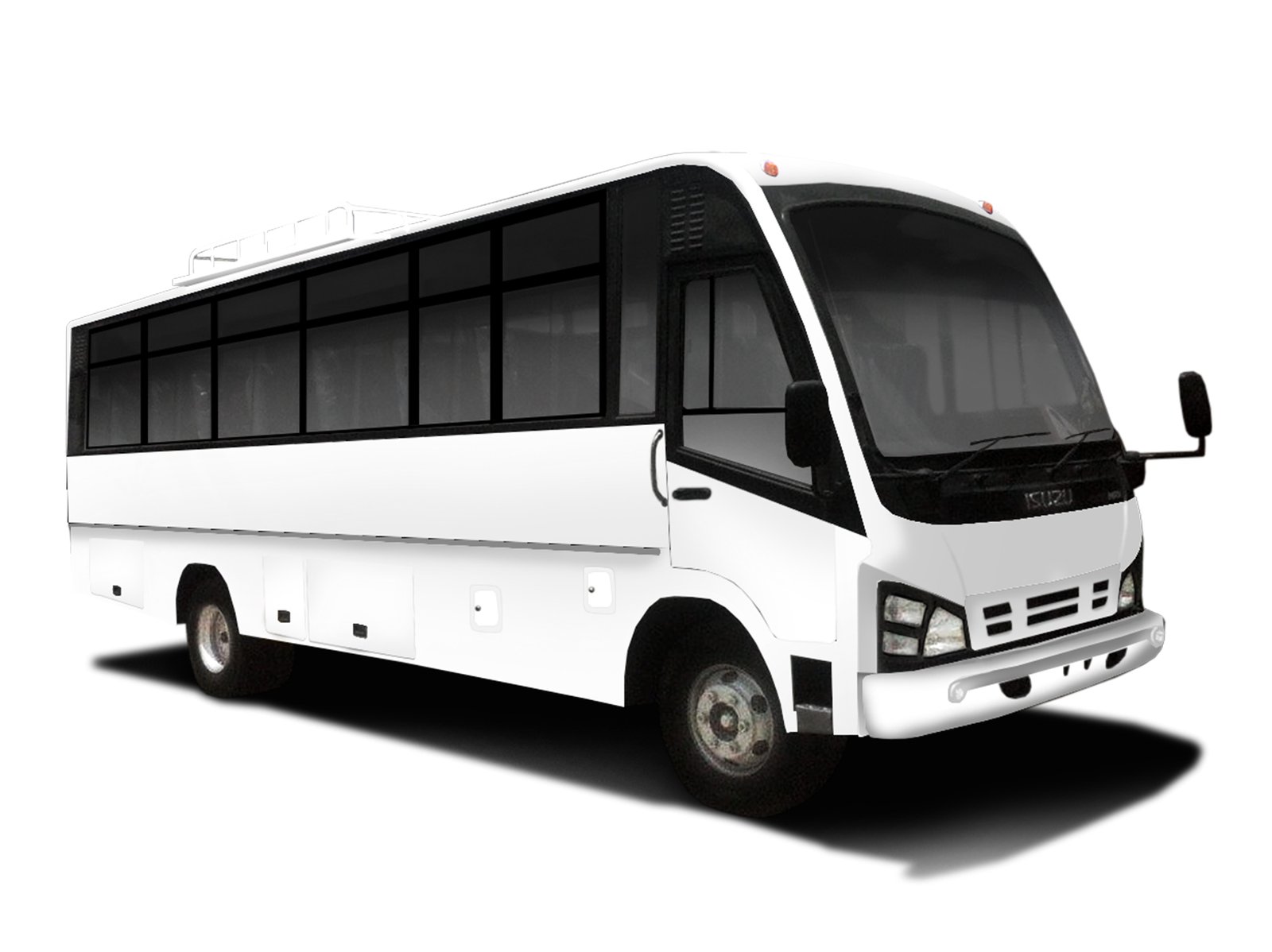

The Dark Side of Isuzu’s Matatus
Isuzu, a name synonymous with reliable and rugged vehicles in its home country of Japan, takes a sharp turn for the worse when it crosses the equator to Kenya. Here, the Isuzu chassis forms the backbone of the ubiquitous matatu, the chaotic and often deadly lifeblood of Kenyan public transport. But beneath the vibrant paint and pulsating music, these mini-buses hide a dark secret: they are demonstrably unsafe, uncomfortable, and a testament to a double standard that prioritizes profit over people.
lux Safety standards
Let’s be blunt: Isuzu matatus are death traps. Their chassis are simply not designed for the overloading, rough roads, and reckless driving that are the norm in Kenya. Crash tests conducted by the International Organization for Standardization (ISO) paint a grim picture. In 2017, a test using a decommissioned matatu resulted in a catastrophic failure, with the cabin collapsing like a concertina under impact. This, despite the fact that the test simulated a head-on collision at a mere 50 km/h – a speed easily surpassed on Kenyan highways. The consequences of this disregard for safety are all too real. According to the National Transport and Safety Authority (NTSA), matatus account for a staggering 30% of all road traffic fatalities in Kenya. Every year, hundreds of lives are snuffed out, families shattered, and dreams left unfulfilled, all thanks to these poorly constructed metal coffins masquerading as public transport.
Comfort: A Non-Existent Feature
If you’re lucky enough to survive a matatu ride, you’ll likely emerge feeling bruised, battered, and thoroughly disoriented. Cramped seating, designed for maximum profit with minimal legroom, leaves passengers contorted like pretzels. Poor ventilation turns the air inside into a thick soup of exhaust fumes and sweat. And let’s not forget the cacophony of loud music, competing with the shouts of conductors and the rattle of worn-out parts, creating a sensory assault that would make even the most seasoned traveler wince. Basically these mini-buses are not engineered with passenger comfort and safety as top priorities. Overcrowded seating, lack of safety belts, and inadequate emergency exits create a hazardous environment for commuters. Isuzu’s matatus seem to prioritize capacity over the well-being of those on board.
Ungraceful Aging
Isuzu’s matatus exhibit a lack of durability and longevity. They age ungracefully, often succumbing to mechanical failures and structural weaknesses. The wear and tear on these mini-buses pose a constant threat to the safety of passengers and other road users.
Double Standards: Profits Over People
The most galling aspect of this story is the hypocrisy involved. Isuzu, in its home country, manufactures vehicles that meet stringent safety standards, ensuring the well-being of its Japanese customers. Yet, for Kenya, it deems those same standards unnecessary, content to churn out death traps that wouldn’t even pass the most basic safety tests. This blatant disregard for the lives of Kenyans raises serious ethical questions about corporate responsibility and the value placed on human life.
Government laxity
The unchecked proliferation of Isuzu’s substandard matatus in Kenya speaks volumes about the laxity and inefficiency of the governing bodies tasked with ensuring public safety. The National Transport and Safety Authority (NTSA), tasked with regulating the transportation sector, has been plagued by accusations of corruption and inefficiency. This laxity has created an environment where safety standards are routinely ignored, and matatu operators prioritize profit over passenger well-being.
The absence of rigorous regulatory oversight has allowed Isuzu to thrive in an environment where safety standards are compromised for the sake of expediency and profit. The Kenyan authorities’ failure to enforce stringent regulations on vehicle safety, coupled with inadequate monitoring mechanisms, has created a breeding ground for the production and operation of what can only be described as unsafe coffins on wheels. Until the government addresses these regulatory loopholes and takes decisive action to prioritize the safety of its citizens, Isuzu’s unchecked practices will continue to jeopardize the lives of countless commuters who rely on these hazardous mini-buses for their daily transportation needs.
Hefty Price
Adding insult to injury, the exorbitant cost of these Isuzu mini-buses exposes yet another layer of exploitation. Despite being demonstrably unsafe and uncomfortable, they carry a hefty price tag that enriches manufacturers and operators while burdening Kenyans with an undue financial strain. Imagine paying a premium for a vehicle that threatens your life with every bump and turn, that subjects you to a daily sensory assault, and that crumbles like stale pastry in a crash. It’s a bitter pill to swallow, highlighting the desperate need for affordable, safe, and dignified public transportation alternatives that truly put the well-being of Kenyans first.
Conclusion
The Isuzu matatu is a potent symbol of a larger problem: the systemic neglect of safety and passenger well-being in Kenyan public transport. It’s a stark reminder that economic considerations have trumped human lives for far too long. Isuzu’s foray into the production of matatus for the Kenyan public transport system has been marred by a series of safety, design, and cost-related issues. The questionable safety standards, coupled with an unjustifiable price tag, expose a dark side to these mini-buses that cannot be ignored. As Kenyan commuters continue to navigate the chaotic streets in these Isuzu matatus, it is essential to question the wisdom of relying on vehicles that even the manufacturer wouldn’t put on their home roads due to safety concerns.
Add a comment Cancel reply
Categories
- Car Gadgets (17)
- Car News (33)
- Car Reviews (43)
- Car Wars (7)
- Mechanicals (32)
- Uncategorized (2)
Recent Posts
About us

Popular Tags
Related posts


Volkswagen Beetle: The Most Successful Car Ever

Kia Sorento 2022 Review








